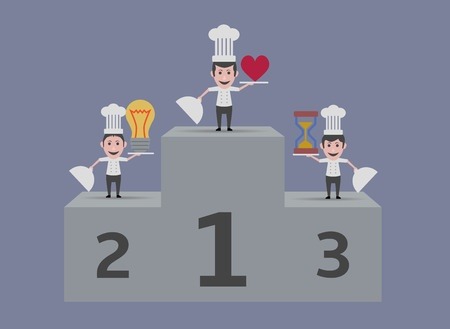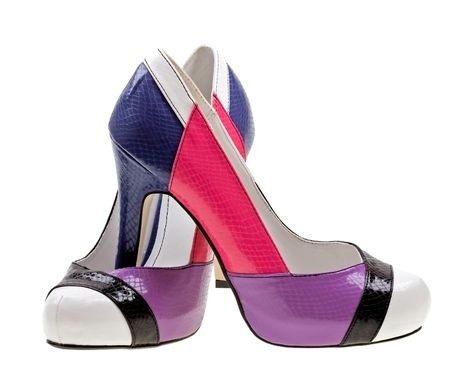Working with clients and colleagues in another country is a wonderful
opportunity to expand your business and meet interesting, intelligent
people. However, it is vital that you understand the cultural norms and
expectations in countries that are not your own, in order to connect with
your clients in a way that is meaningful and useful to them. So how do you
adapt your work and leadership style to a different culture?
Adjust Your Mindset
Adjusting your mindset is one of the most important strategies when
conducting business in a foreign country. You cannot just walk in and
operate the way you are used to, mainly because cultures in other countries
dictate otherwise. Not everyone shares the same point of view as you do, so
in order to be effective, you must adjust your own mindset to match that of
your clients.
The best way to do this is simply to be curious. Research business practices
and expectations in the country you will be travelling to, as well as the
customs and the people. This will give you a starting point for your
adjustment and help you feel prepared. Once you are on location, notice
how people behave and interact with each other. What seems to be
important to them? What are the power dynamics?
In the United States, there is very much a culture of collaboration, where
employees at all levels interact and share ideas openly. However, other
countries view honesty and outspokenness as disrespectful, or as reserved
for the most senior members. You can see why a businessperson in the
United States might need to tone down their approach in order to fit in and
meet expectations.
Recalibrate Your Services
Because different cultures and countries have points of view unique to their
experience you also will need to rethink the services you provide and how
they may need to change in order to be more beneficial. The strategy an
executive coach offers a client in the United States may not be appropriate
in Japan or Paris, but can be reframed in order to achieve the same result.
The same idea applies to other industries. If your focus is in customer
experience, you must recognize that not everyone wants the same results,
and will not have the same experience.
Reassess the Meanings of Core Values
While the casual business participant may think that most core values are
universal, the experienced practitioner knows that this isn’t exactly the case.
The concepts of Integrity and Trust might be present in businesses
worldwide, but the definition of these terms and what they look like in
practicality may not be the same. It becomes incumbent upon you to to find
out what such terms really mean in the country you are working in. Make
sure you understand your clients’ working definitions of these concepts so
that you are speaking the same language and are coming from the same
place. Discussing this upfront will prevent miscommunications, and will make
you feel more comfortable in your environment. Culture shock is a real
experience, but having a base understanding of a country and its norms will
help you make an easier transition. It will also help you avoid offending
others or doing something that would be deemed inappropriate.
Working with new countries broadens your horizons and strengthens your
skills in many ways. However, you still must provide value to your clients, no
matter where they are. If you work only in the way that is natural to you, it
is likely that you are not serving foreign clients in a way that is valuable for
them. And if you act in unexpected, unusual ways as deemed by a country’s
culture, your clients will likely have a strong negative response. Making such
adjustments to your mindset and services, and learning about the nuances
of core values will not only help your success, but the client will also feel
respected. Whether you research independently or have upfront
conversations about expectations, you can avoid most miscommunications
or missteps and set yourself up for a healthy working relationship.


















